https://files.peakd.com/file/peakd-hive/phoenixwren/23xLDXYGb2tvysLaF3x1DcZc5iTPuZyvM5F5DqMLcdqkQaWj93oHvkrsLLCPRfxwy3Fzt.jpg
I often see posts along the lines of, "When you feel bad about not being able to keep up with working a job, and keeping your home clean, and cooking healthy meals, and spending time with friends and family, don't guilt yourself. The current system was built with the idea that one income could support a family, and the other spouse could stay at home and take care of the cooking and cleaning type stuff. It isn't a failure on your part that you can't do both." And yes, that is true. But also, I would argue, even *that* model is unnatural.
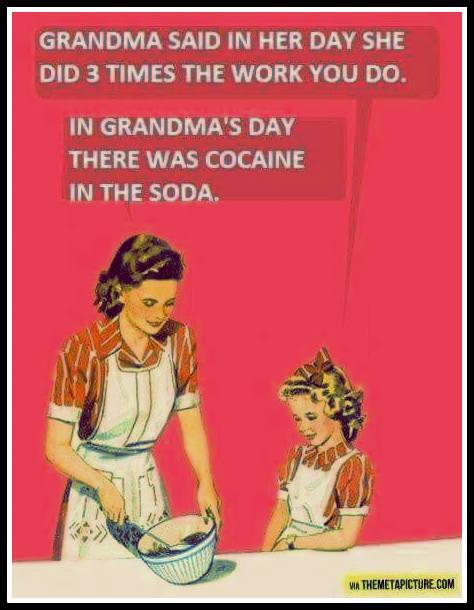
In the USA, we have a *very* individualistic culture. We hyperfocus on the nuclear family and very rarely give much weight to larger communities. Homesteaders often talk about wanting to be self sustaining on their family farm. We mock and shame intergenerational families with jokes about "kids living with their parents forever in the basement" as if they are failures. We ship off elderly relatives to nursing homes and maybe visit a few times a year. Workers' unions are pretty much dead, or defanged. Even the aforementioned "1950s housewife" idea of: dad works, mom is a homemaker, kids study and do chores and maybe have a paper route for fun money, is a part of this culture. It used to be easier for a nuclear family in this respect, that one income could support them all, but it's still this isolated, small family "norm." But that isn't the norm. Not worldwide. And not historically. Our ancestors - no matter where you're from - lived in communities. Tribes, clans, villages, duns. I'll use ancient Celtic culture (since I'm a Druid and that's my thing) as my example. If you lived in a city, firstly, they were not "cities" the size of what we think of today. We wouldn't class it a "city" by today's standards. Emain Macha - the city in Ulster where most of the historical fiction novel I wrote took place - canonically held roughly 6000 people, and then the population was cut in half (long story). 6000 people is like three or four high schools' worth of students in the suburban city where I attended high school, let alone the rest of the city. And that was one suburb of Denver - not the entire metro area. That's a large enough population where maybe you don't know everyone, but you know a good chunk of them, and you all know certain major players in the society.
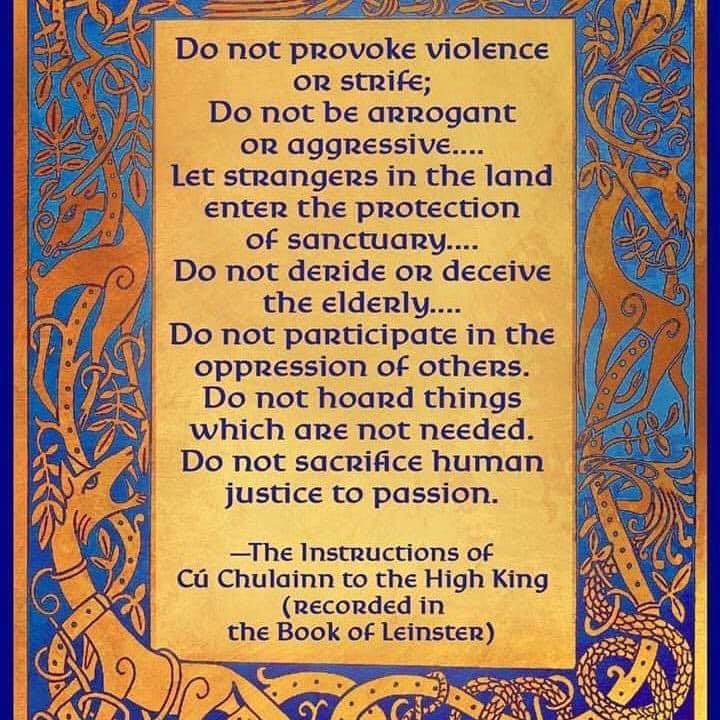
*I can only find instances of this image posted on social media, but the quote is from the Book of Leinster* In a society like that, a *lot* more of life would have been communal. There would have been great feasts where a lot of people worked together to prepare them, much more like, I imagine, when I worked in my school dormitory's kitchen than making dinner in my own apartment just for myself. Most everyone would have been involved in the harvest in some capacity or another. But even during the day-to-day, people would have been working together: milking the cows, cooking the meals, grinding the grain, helping thatch someone's roof, and so on. You weren't one person who had to milk *all* the cows by yourself. There are milking songs specifically sung with a beat so that everyone squeezes the udders in time. [The first part of this song](https://youtu.be/7CVbqQ8n9IY) is a song about milking sheep (in Scottish Gaelic; translation: All the sheep have milk/And the one with the crooked horn has a gallon/She has an udder as big as a milk cow's/And it's as slippery as butter). And even if you lived on a smaller dun and not the city, there were still several families working the farm and many hands sharing the work. My point being, that you weren't expected to go and do your "job" - whatever that was - for 8+ hours a day, commute for three more hours, *and* grind your grain *and* cook your meals *and* clean your house *and* sew your clothes *and* participate in social life *and* tend your crops *and* ...all by yourself, every day. If you were busy smithing, others ground the grain and cooked the bread, and they were doing it with others. Much of the work was seasonal - not just planting and harvesting, but sewing, weaving, and other needlework was primarily a winter activity when everyone was stuck indoors and not tending crops. Wars generally didn't happen during the winter either, so warriors would have been occupying themselves somehow, perhaps training up younger warriors or pitching in to make needed repairs. Your work changed depending on what season it was, how many people were needed for a job, if someone had just invaded your people's territory, what the needs of the community were. You didn't do the same exact tasks 365 days a year, a cog in the machine. Even if you were generally busy with a vocation - let's say smithing again - maybe you'd be working on swords, or chariot parts, or tools. And you'd *stop* sometimes because hey, we need all hands on deck to get the harvest in before the cold or it's festival time.
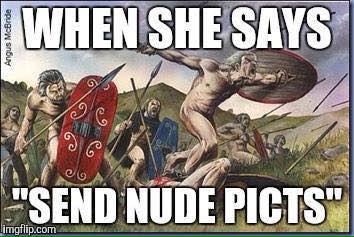
And that's pretty recently in the timeline; for most of human history we lived in much smaller bands of hunter-gatherers where you *did* know everyone and life was even *more* communal, and less specialized. This isolated, repetitive, "self sufficient" drudgery that we call modern life is *abnormal,* 1950s housewife or no. And it isn't a failure on your part if you struggle with keeping up. The *madness* is expecting people to see to all their needs, every day, cut off from any support system, with little to no variety in their labors, without regard to illness, injury, or other hiccups, for their entire lives. To wear *all* hats, all the time. For there to be no seasonal shifts, or communal undertakings. Maybe you participate in a church or temple; did you help build it? Maybe you went to a wedding; did you help prepare the feast? The rare occasions where we might say we have a "community," we're only participating on a surface level. This just isn't how humans have ever lived until *very* recently. We joke about being distractible and unfocused, but I don't think that's a flaw. I think that's a very natural response to a very *un*natural way of living. We are not one task robots on the factory floor. Our brains crave variety and stimulation. There's nothing wrong with you if you are staring out the window when you're supposed to be writing your 900th expense report. Humans just aren't built for that.
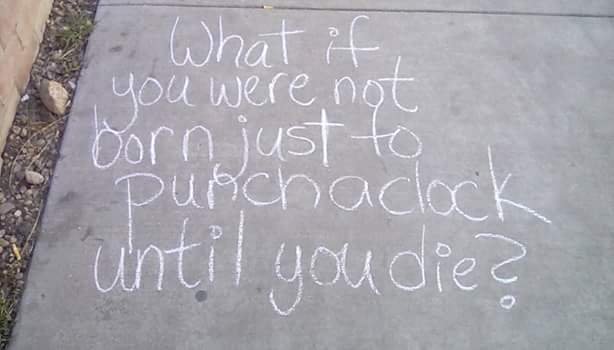
So ...yes, the current system was built on one-income households. But society ever since the industrial revolution is an aberration in the history of humans. Our bodies and brains did not evolve for this. Feeling like a failure for struggling with it is like blaming a fish for struggling to live in a tree. This just isn't what we've evolved for or adapted to. You aren't broken. You're human. So leave the dirty dishes in the sink and *rest* without guilt. The ghost of a 1950s housewife isn't going to haunt you for it. And if she does, just ask the ghost of an older ancestor to haunt her back. It's only fair. ;)
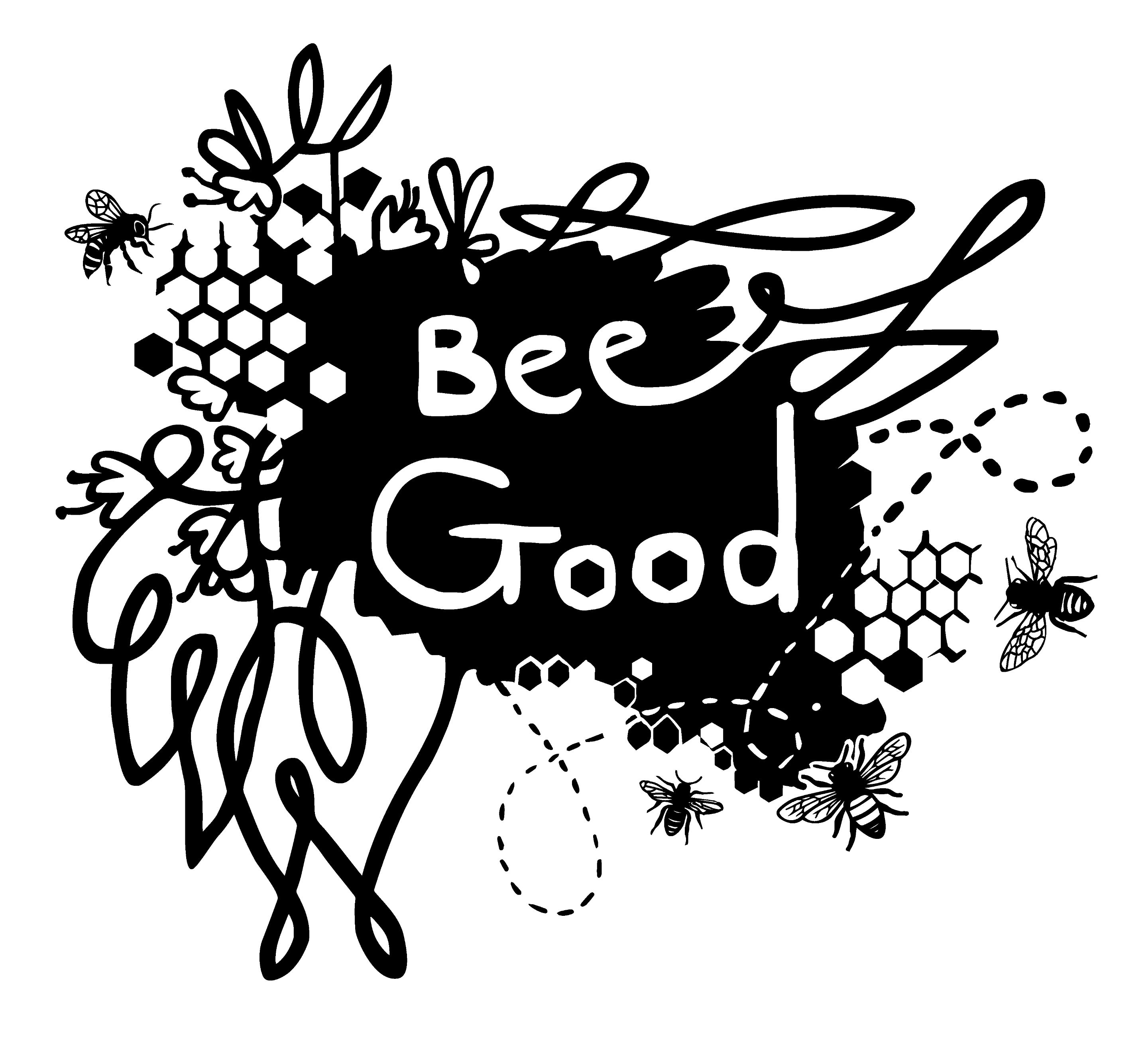

Originally posted here: https://hive.blog/hive-120078/@phoenixwren/you-are-not-an-island-or-a-robot





No comments:
Post a Comment